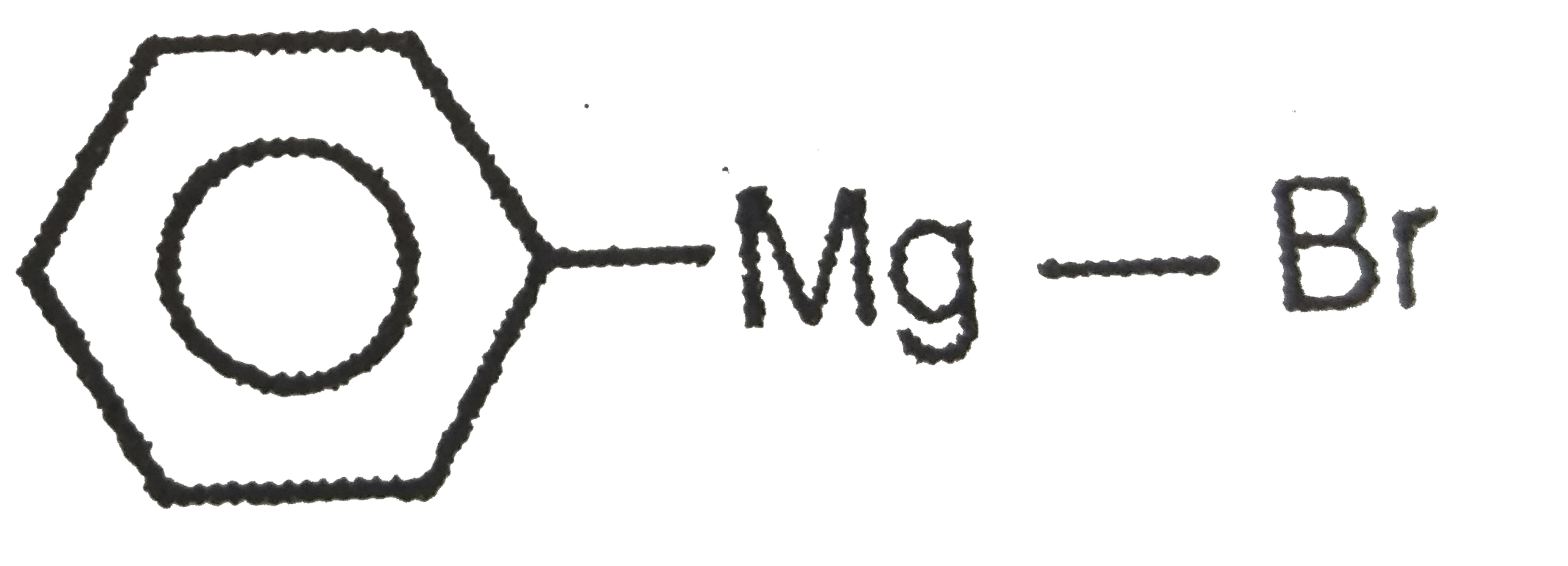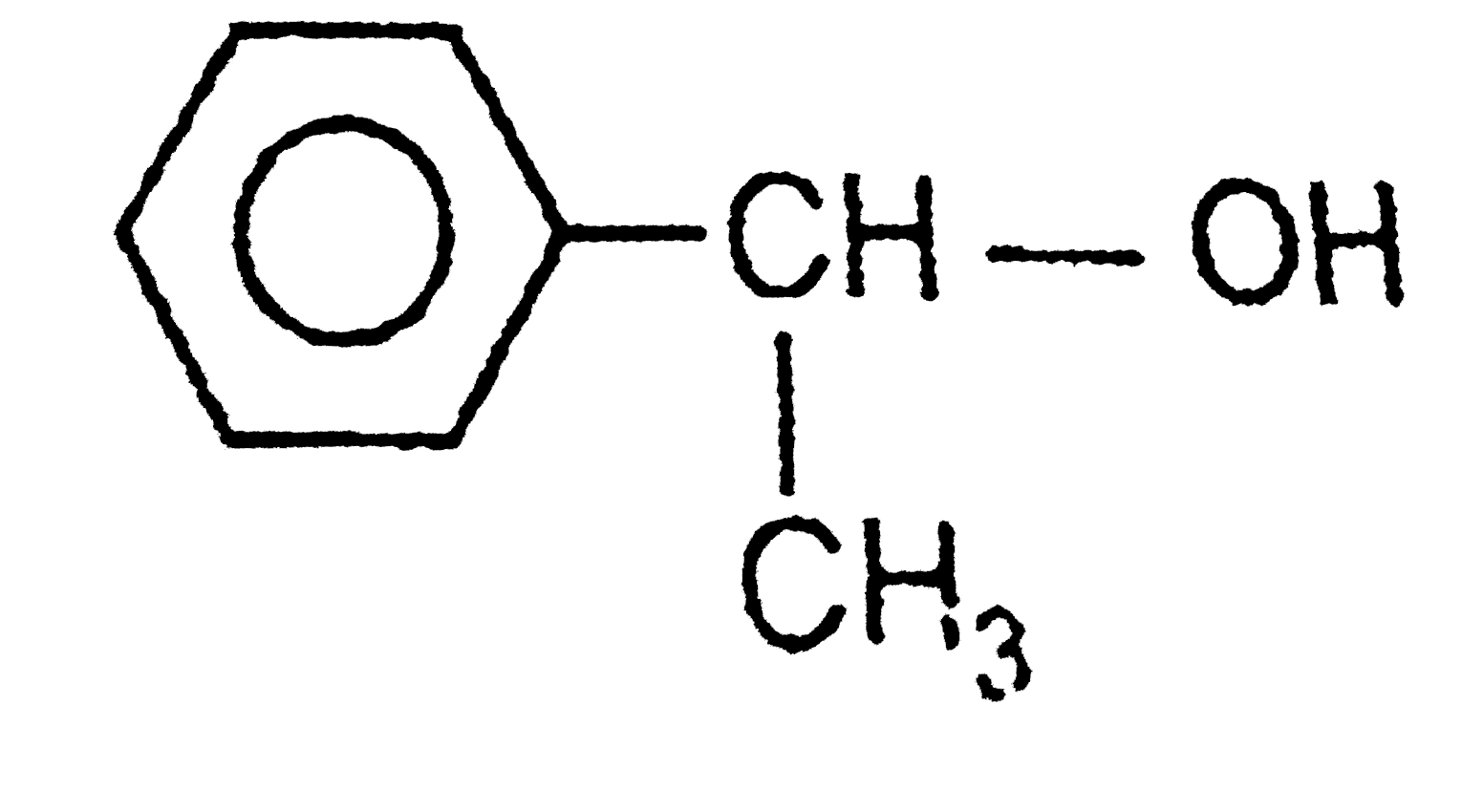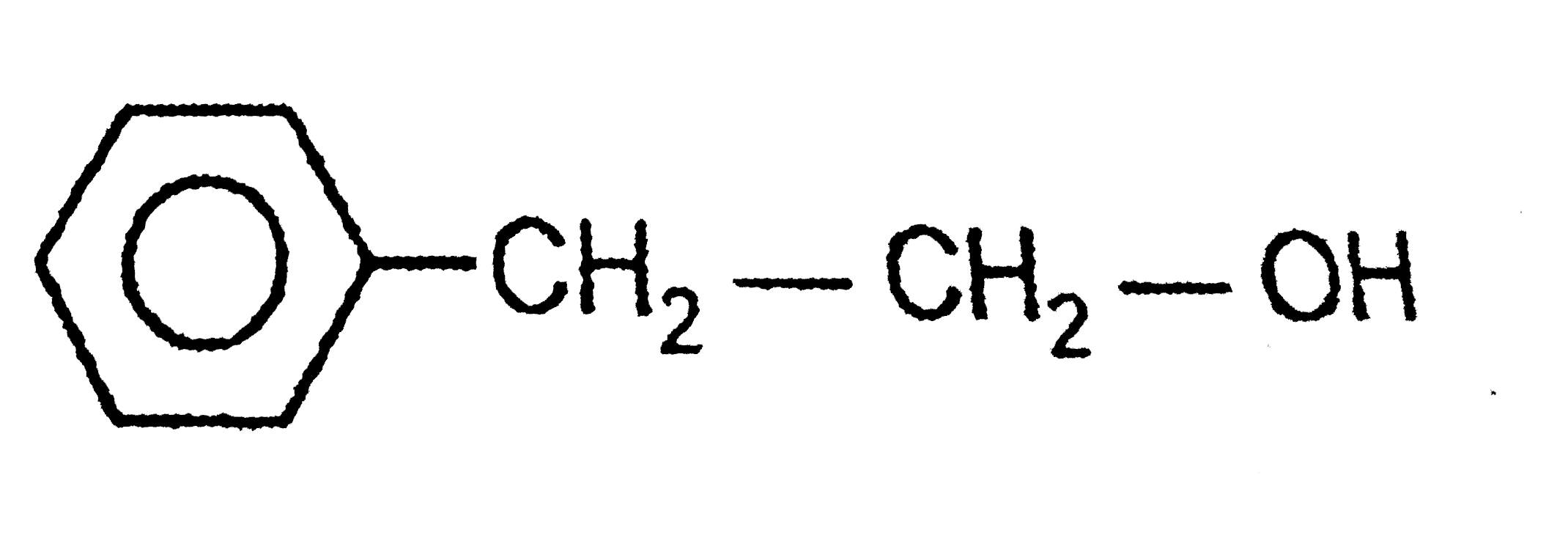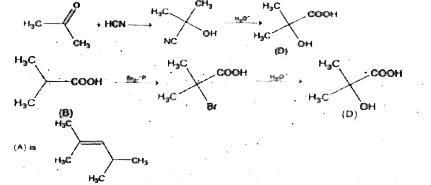An alkene (A) on ozonolysis yields acetone and an aldehyde . The aldehyde is easily oxidized to an acid (B) . When (B) is treated with phosphours and bromine . It yields a compound (C) which on hydrolysis gives a hydroysis acid (D) .This also be obtained form acetone form acetone by reaction with HCK followed by hydrolysis.
Topper's Solved these Questions
- CARBOXYLIC ACIDS AND ITS DERIVATIVESBOOK - FIITJEECHAPTER - CARBOXYLIC ACIDS AND ITS DERIVATIVESEXERCISE - SOLVED PROBLEMS (OBJECTIVE )
25 Videos
- CARBOXYLIC ACIDS AND ITS DERIVATIVESBOOK - FIITJEECHAPTER - CARBOXYLIC ACIDS AND ITS DERIVATIVESEXERCISE - SOLVED PROBLEMS (OBJECTIVE ) (COMPREHENSION)
3 Videos
- CARBOXYLIC ACIDS AND ITS DERIVATIVESBOOK - FIITJEECHAPTER - CARBOXYLIC ACIDS AND ITS DERIVATIVESEXERCISE - SINGLE INTEGER ANSWER TYPE QUESTIONS
1 Videos
- CARBOHYDRATES, AMINO ACIDS, POLYMERS AND PRACTICAL ORGANIC CHEMISTRYBOOK - FIITJEECHAPTER - CARBOHYDRATES, AMINO ACIDS, POLYMERS AND PRACTICAL ORGANIC CHEMISTRYEXERCISE - EXERCISE
4 Videos
- CHEMICAL ENERGETICS BOOK - FIITJEECHAPTER - CHEMICAL ENERGETICS EXERCISE - NUMERICAL BASED QUESTIONS
2 Videos
Similar Questions
An alkene A on ozonolysis yields acetone and an aldehyde. The aldehyde is easily oxidised to an acid B. When B is treated with bromine in presence of yields a compound C which on hydrolysis gives a hydroxyle acid D. This acid can also be obatined from acetone by the reaction with hydrogen cyanide followed by hydrolysis. Identify the compounds A, B C and D.
View SolutionAn alkane A on ozobolysis yields acetone and an aldeyde. The aldehyde is easily oxidised to an acid B. When B is treated with bromine in presence of yields a compound C which on hydrolysis gives a hydroxyle acid D. This acid can also be obatined from acetone by the reaction with hydrogen cyanide followed by hydrolysis. Identify the compounds A, B C and D.
View Solution
Knowledge Check
Ethylene oxide when treated with
 followed by hydrolysis yieldsA
followed by hydrolysis yieldsA B
B C
C D
D
Identify the hydrocarbon which on ozonolysis gives :-
(a) Only acetone
(b) 1 equivalent of propanal + 1 equivalent of formaldehyde (c ) 1 equivalent of acetone + 1 equivalent of acetaldehydeACH3−CH=CH3∣C−CH3BCH3−CH=CH−CH2−CH3CCH2=CH−CH3D(CH3)2C=C(CH3)2An alkene on ozonolysis yields only ethanal. There is an isomar of this, which on ozonolysis yields:
APropanone and methanalBPropanone and ethanalCEthanal and methanalDOnly propanone
Which of the following compounds on hydrolysis yields a carboxylic acid?
View SolutionAn alkene on ozonolysis yields only ethanal. There is an isomer of the alkene which on ozonolysis yields:
View SolutionWhich of the following compounds on hydrolysis yields a carboxylic acid?
View SolutionAn alkene on ozonolysis yields only ethanal. There is an isomer of the alkene which on ozonolysis yields:
View SolutionCompound which gives acetone on ozonolysis
View Solution

